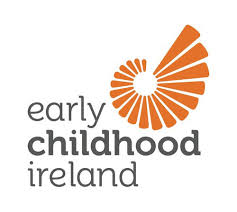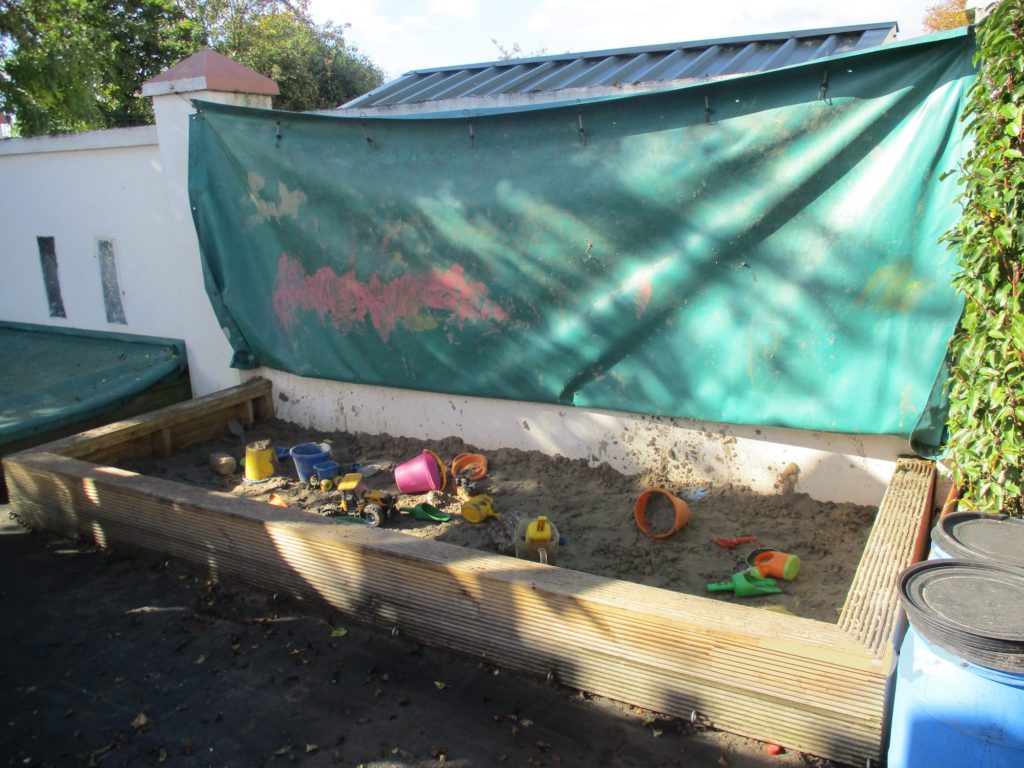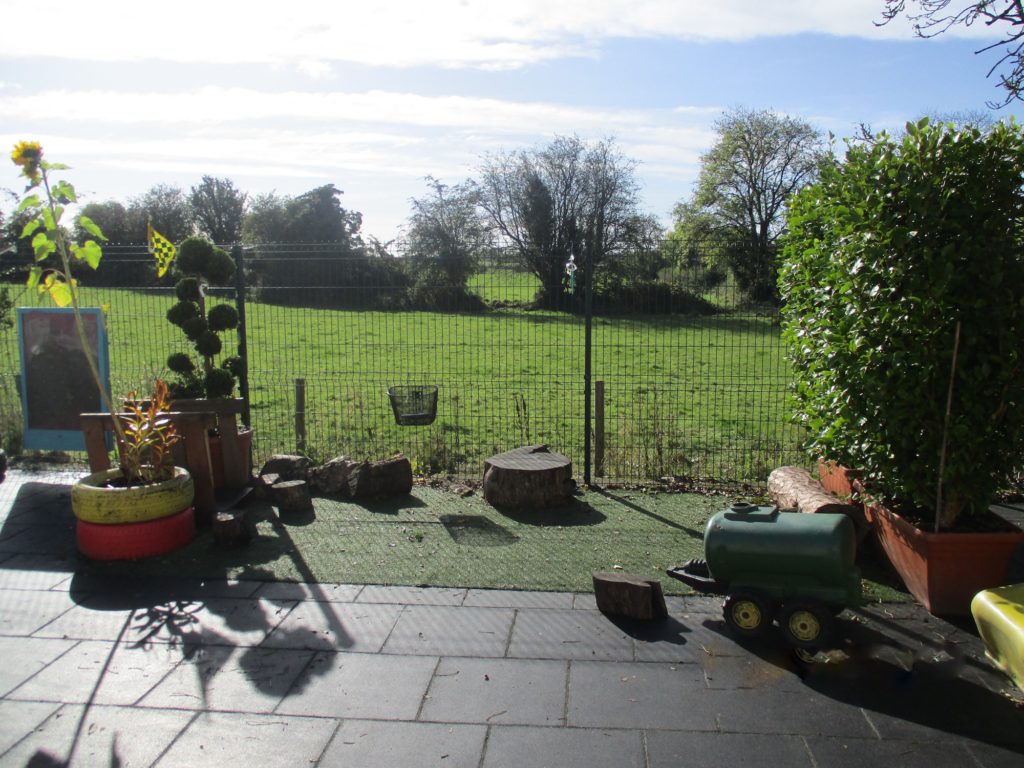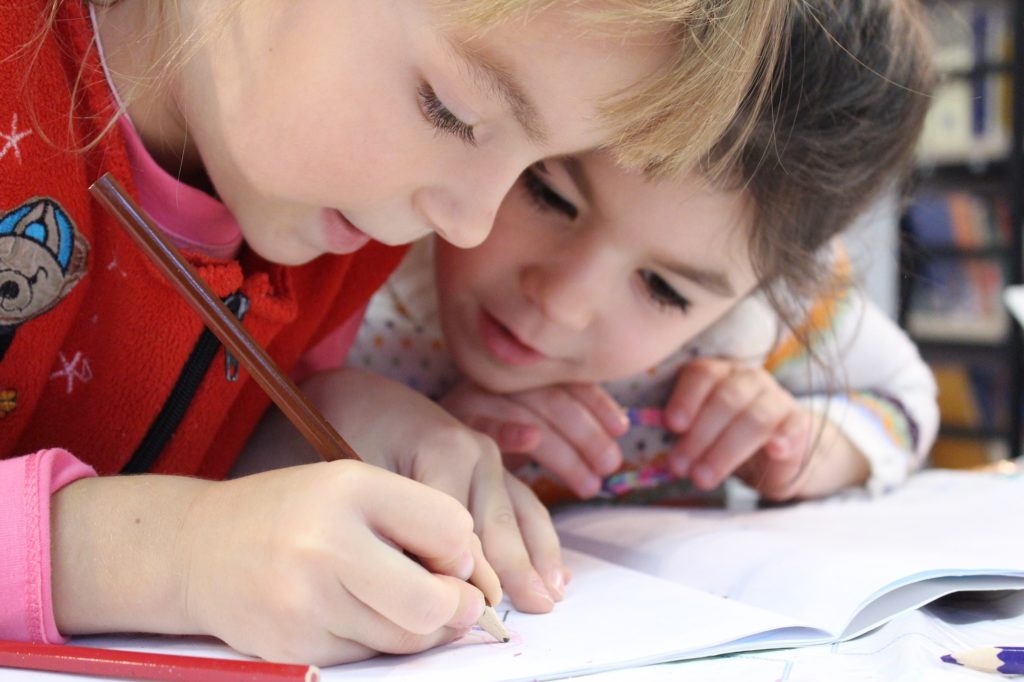Individual Needs of Children
Children love to play and play is their work. It is through play that they experience life and learn to understand the world and their place in it. Play can be structured or non- structured and in both cases should be an enjoyable experience for the children.
Planned activities should enhance their learning and they should still have the freedom to have fun and enjoy their learning. We are aware that every child has individual needs and therefore we must plan all activities to ensure that all the children in our facility can have the opportunity to take part at whatever level suits them.
Some children may have additional needs and may need to have specific plans so that we can make sure that their particular needs are met.
Involving Children
Because much of the work we do with the children in our facility is in the form of activities, it is important for us to include them in deciding what activities are best.
When we design any areas of interest in the room we question the children about what they like and we also observed their play patterns. Staff knowledge of child development is crucial to helping plan activities, which will suit all the children.
The key here is for us to listen and observe the children and tune in to what appeals to them and suits their stage of development.
Involving Parents
We believe it is very important to actively encourage parents to be involved in our service. Parents have a lot to offer and can provide a lot of information to us about the individual needs of their child. Some parents may be able to volunteer their help, by providing interesting activities/stories for the children e.g. talk about different cultural backgrounds, customs, festivals and food.
Also we feel it is important for parents to be aware of the activities that the children are taking part in so that if they have any concerns they can speak to us. A good relationship with the parents will give the child more security and we feel this is important for both the parent and child as we find that children are much more likely to fulfil their true potential when there is a positive relationship between staff and parents.
Flexibility and Spontaneity
When planning activities it is very important that we allow for the children to use their own imagination. When an activity starts we cannot always predict what the outcome will be, so we have to be ready to respond to the children’s needs.
Not all children will go about the activity the same way or may not enjoy it as much as others do. Therefore our plan is not written in stone but acts as a guide to follow – for example if the children are enjoying a particular activity we allow extra time to extend it.
Health & Safety
While careful planning and preparation of activities are necessary, close supervision is essential at all times. It might sound obvious but children will never be left unattended at any time. A fully stocked first aid kit is easily accessible at all times. Age appropriate activities are important as younger children can put things in their mouths or even eat them.
Some children may have allergies so it is important that your child’s entry record is completed accurately and completely. All toys and materials are washed, rooms are kept tidy and cleaning supplies & equipment stored appropriately.
Anti Bais Curriculum
When planning the curriculum for our facility it is very important that we take time to evaluate the outcomes. The activities should be age appropriate and reflect our diverse society. All the children in our facility should have equal access to all the activities, regardless of language, fluency, racial origin, gender, culture, class or ability.
We need to plan activities by consulting with all the staff, parents, and the children themselves. We can extend the learning by talking about festivals, cultures and other countries. This in turn makes all the children aware that we are not all the same or indeed that we do not all have the same abilities. This will teach them a better understanding of the world we live in. In devising our curriculum here at Ballymore Community Childcare we consider many important factors when planning for the needs of each individual child. The four themes from Aistear –The Early Childhood Curriculum Framework, Well-Being, Communication, Identity & Belonging and Exploring & Thinking are the foundation of our curriculum.
Knowledge & Understanding of the world
Exploring
Investigating/Observing
Listening
Construction
Vocabulary
Environmental Awareness
Properties
Co-operative Play
Interactive Play
Photographs
Planning the Environment
Awareness of the needs of Animals & Nature
Mathematics
Volume
Capacity
Classification
Comparison
Prediction
Forces
Problem Solving
Space/Size
Sequencing
Measuring
Physical Development
Fine Motor Skills
Gross Motor Skills
Body Co-ordination
Hand/Eye Co-ordination
Balance
Attending to Personal Needs
Developing Strength & Stamina
Spatial Awareness
Language & Literacy
Communication
Vocabulary
Verbal Negotiation
Verbal Interaction
Expressing Feelings & Thoughts
Listening
Irish Language
Awareness of other Languages
Emergent Writing
Emergent Reading
Listening to and Creating Stories
Playing with and Enjoying Words
Creative/Aesthetic Development
Imaginative Play
Designing
Co-operative Play
Developing Artistic Skills
Developing Creative Skills
Appreciation of Music, Sound & Rhythm
Developing an awareness of the Beauty of the World
Constructing
Personal, Social & Emotional Development
Co-operation
Collaboration
Negotiation
Sharing
Turn Taking
Choosing
Making Friends
Development of Independence & Confidence
Awareness of the Needs of Others
Coping with Feelings
Concentration
Having Fun



